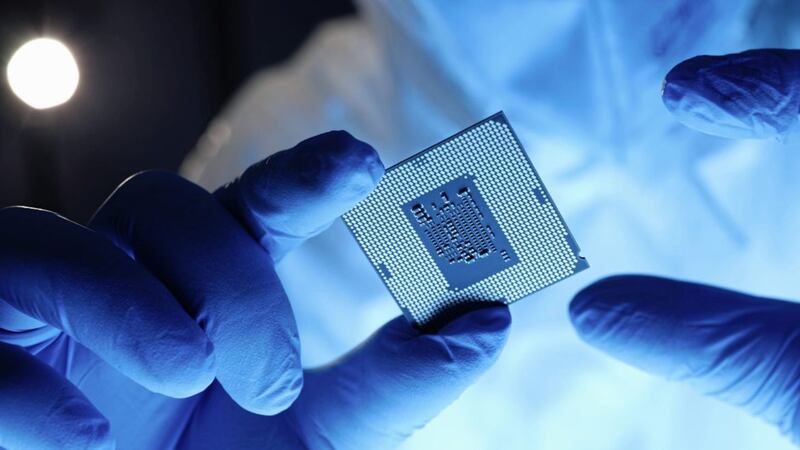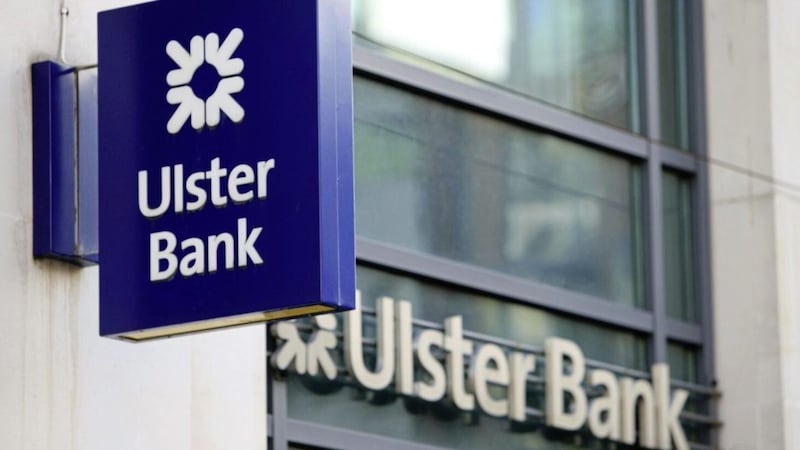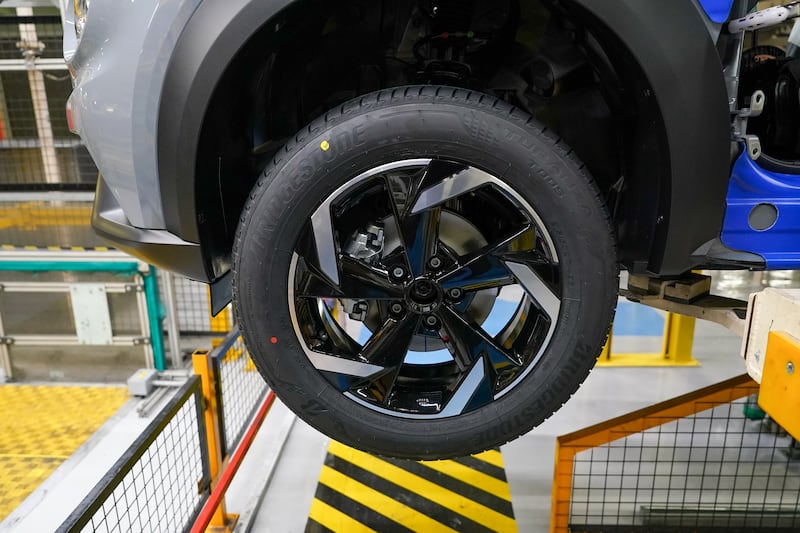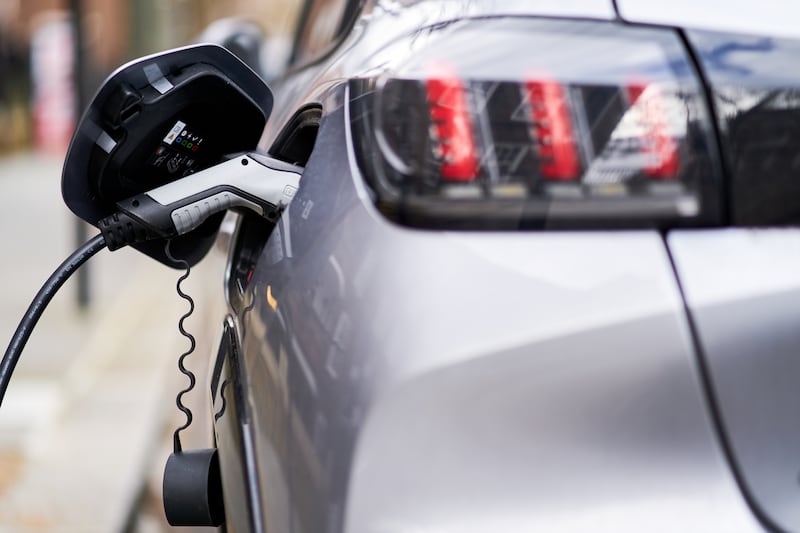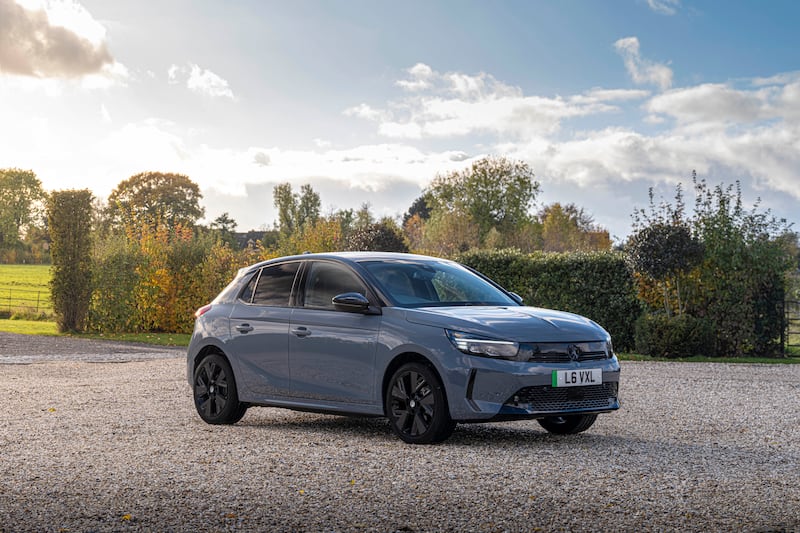THE north’s new car dealers endured another difficult month during October, the latest industry data shows.
Just 2,581 new cars were registered here during the month, a drop of 22.8 per cent on October 2020 as the global semiconductor chip shortage and supply chain issues continue to dominate in 2021.
Covid-19 ensured last year was one of the worst on record for the car industry. The ripple effects of the pandemic, along with the shortage of computer chips looks set to put any post-lockdown bounce on hold.
Data compiled by the Society of Motor Manufacturers and Traders (SMMT) said 32,828 new cars have been sold in Northern Ireland during the first 10 months of 2021, just four per cent more than the same period in 2020, a period where many dealers endured lockdown and restrictions on forecourts.
Car producers have been forced to slow or temporarily halt production due to the semiconductor shortage, with major tech companies feeling the pinch as well.
Volkswagen last week announced that its operating profits fell by £420m in the third quarter of 2021.
The merged Fiat and Peugeot entity Stellantis reported a 14 per cent slump in revenues, producing 600,000 fewer cars across July, August and September due to the chip shortage.
The SMMT said UK-wide, last month was the worst October since 1991.
The industry body has revised down its forecast for the year, predicting that the industry will finish 1.9 per cent up on last year’s new car sale, but more than a quarter down on the pre-pandemic total of 2.3 million in 2019.
SMMT chief executive Mike Hawes said: "The current performance reflects the challenging supply constraints, with the industry battling against semiconductor shortages and increasingly strong economic headwinds as inflation rises, taxes increase and consumer confidence has weakened."
The industry body said the Ford Focus was the best-selling new car in Northern Ireland during October, with 136 rolling out of showrooms. That came ahead of the Hyundair Tucson (80), Peugeot 2008 (76), Peugeot 3008 (73), Ford Kuga (58), Volkswagen T-ROC (57), Nissan Qashqai (52), Seat Arona (46), Volkswagen Polo (46) and Dacia Sandero (45).
However one green shoot in the industry is plug-in vehicles, where sales continue to buck the trend.
Registrations of battery electric vehicles increased by 73.1 per cent UK-wide in October, while demand for plug-in hybrids increased by 7.5 per cent.
Plug-in vehicles now account for 16.6 per cent of new car registrations this year.
Karen Johnson, head of retail at Barclays Corporate Banking said: “COP26 has sustainability at the front of everyone’s minds at the moment, and prospective car buyers are clearly no exception.
“New registrations of ‘battery electric vehicles’ continue to perform well, and whilst comparative volumes may be small the percentage increases we are seeing are significant. This area will certainly be one to watch as we go into the new year.”
